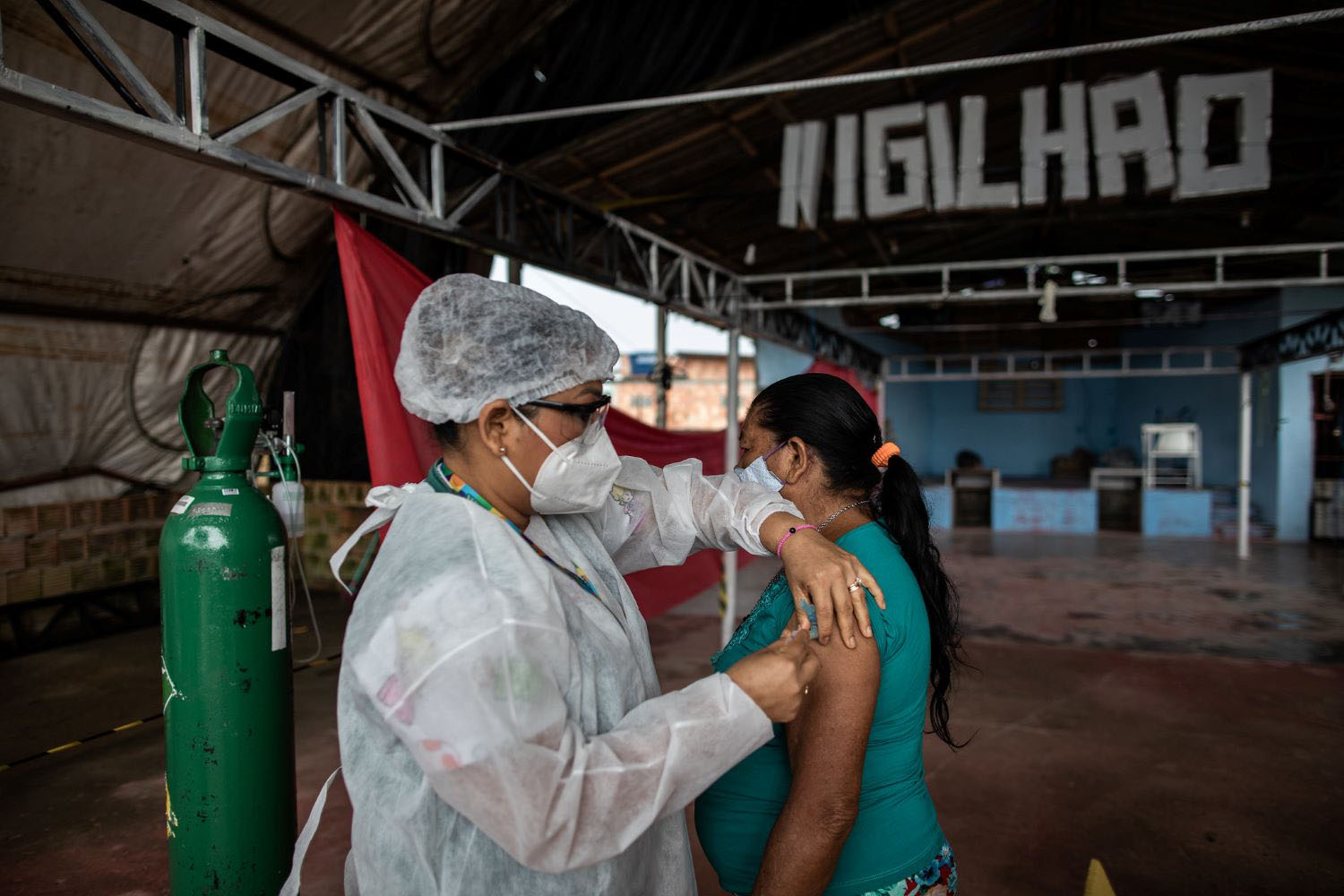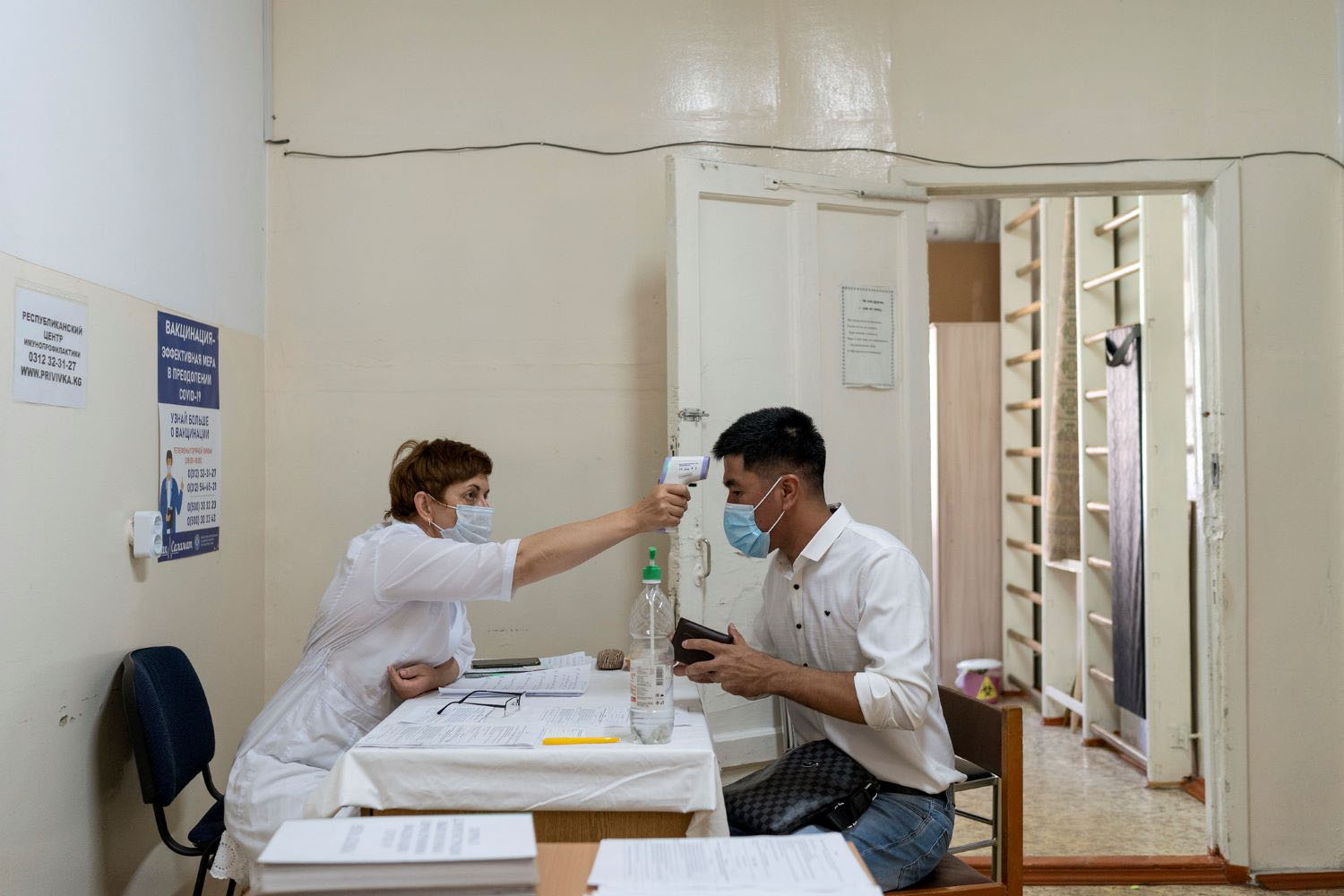The Pan American Health Organization (PAHO) has launched a process to respond to the introduction – sometime in mid-2006 – of a vaccine to immunize against a virus associated with cervical cancer. The virus is the human papilloma virus, or HPV. An HPV vaccine is now under development and
according to Dr. Jon Andrus, chief of PAHO's Immunization Unit, the vaccine "will be available in middle of next year."Separately,
a new study published in the Lancet finds that the prevalence of HPV varies roughly 20-fold internationally. This information is important in providing feasible and effective screening for cervical cancers as well as developing a vaccine against HPV. Researchers with the International Agency for Research on Cancer (IARC) tested random samples of women from 11 countries (Nigeria, India, Vietnam, Thailand, Korea, Colombia, Argentina, Chile, the Netherlands, Italy, and Spain) for HPV. Over 15,000 women between the ages of 15 and 74 years were tested. Among the countries evaluated, Spain had the lowest prevalence of HPV; only 1.4 percent of women in Spain tested positive for HPV. The highest prevalence of HPV was seen in sub-Saharan Africa; 26 percent of the women in Nigeria tested positive for HPV, a rate that is almost 20 times higher than that of Spain. South America tended to have rates that were in between those of Europe and sub-Saharan Africa, while rates in Asia varied widely (with the lowest rates in Hanoi, Vietnam, and the highest in India and Korea).The prevalence of specific types of HPV also varied across countries. Among HPV-infected women, women in Europe were more likely to be infected with HPV16, a high-risk type of HPV, than women in sub-Saharan Africa. European women with HPV were less likely than sub-Saharan women with HPV to have other high-risk types of HPV or low-risk HPV.
CGD blog posts reflect the views of the authors, drawing on prior research and experience in their areas of expertise.
CGD is a nonpartisan, independent organization and does not take institutional positions.





